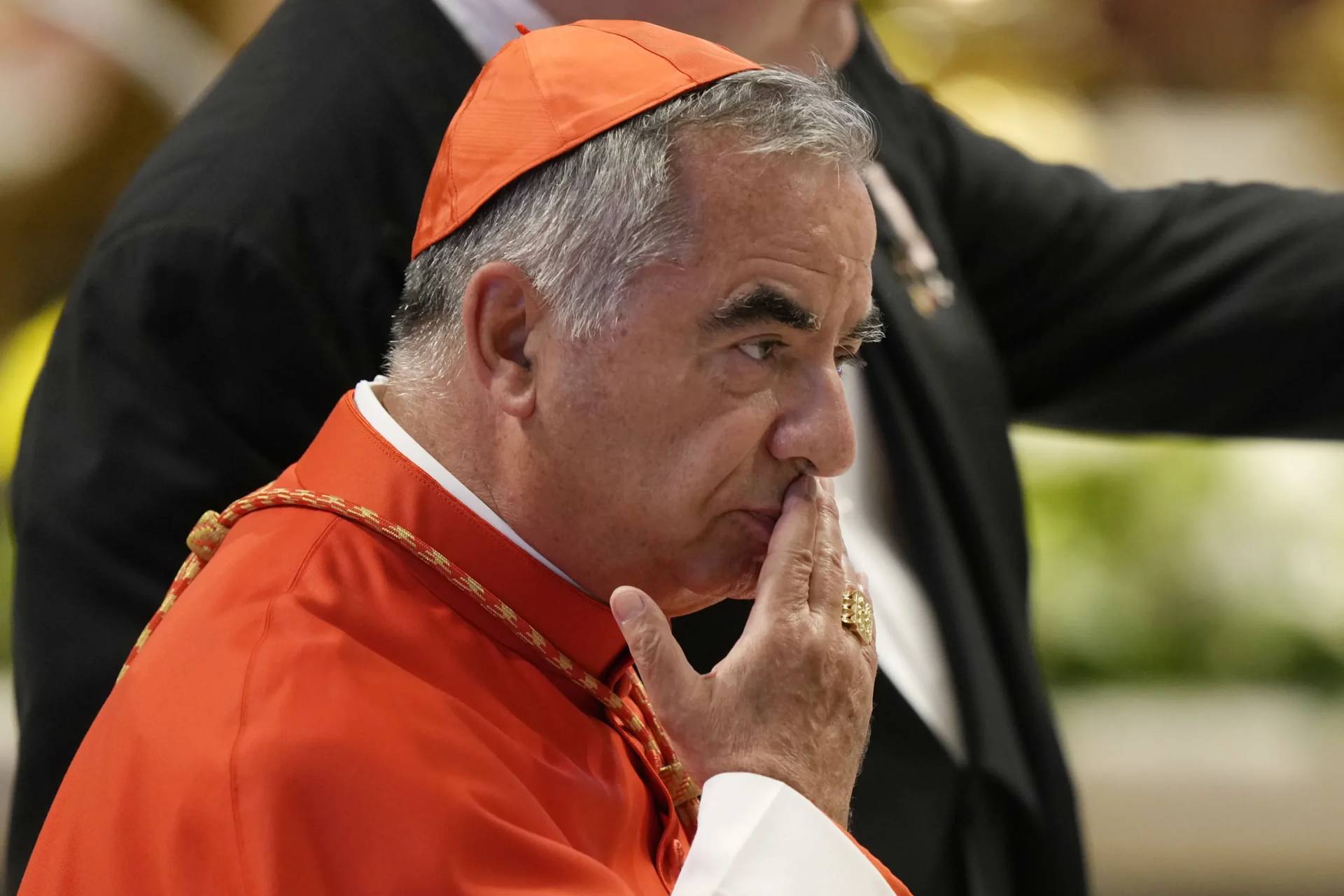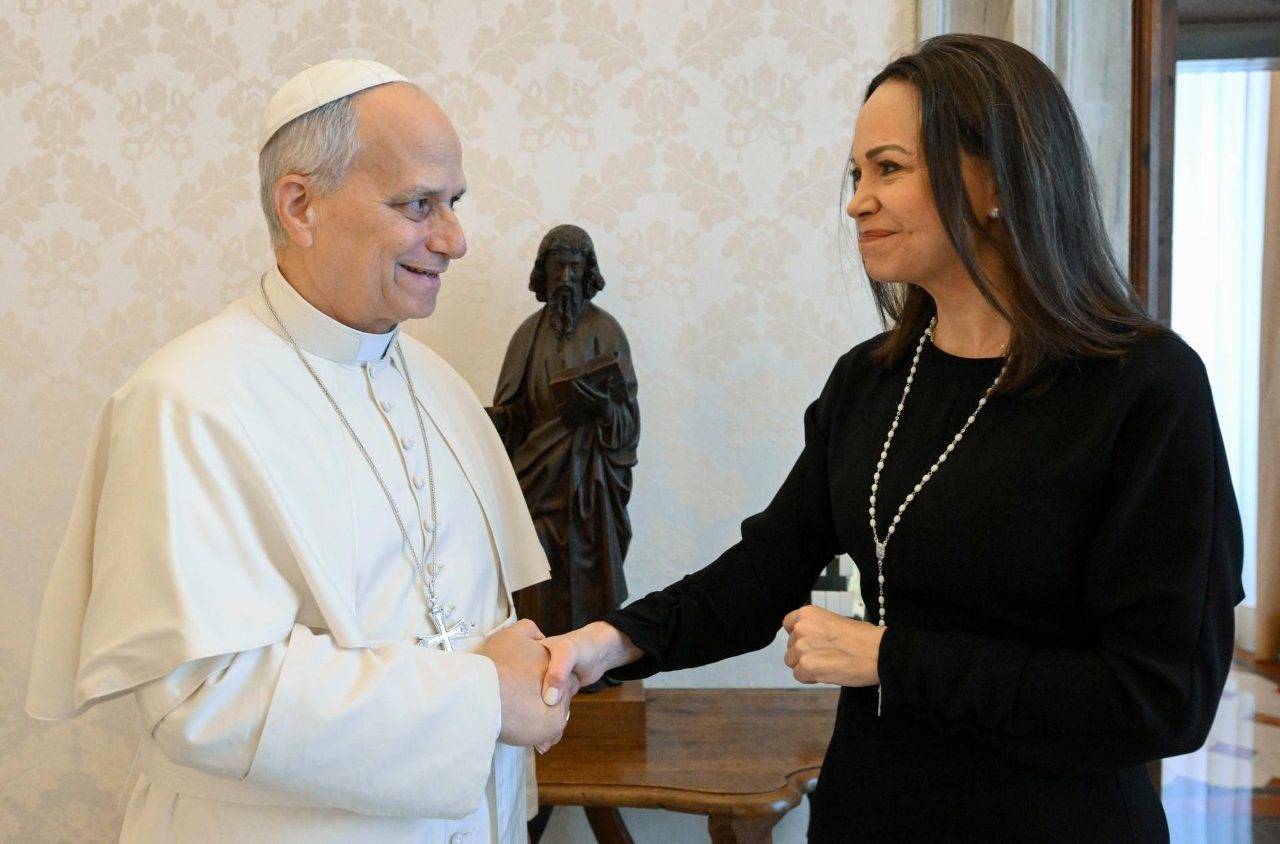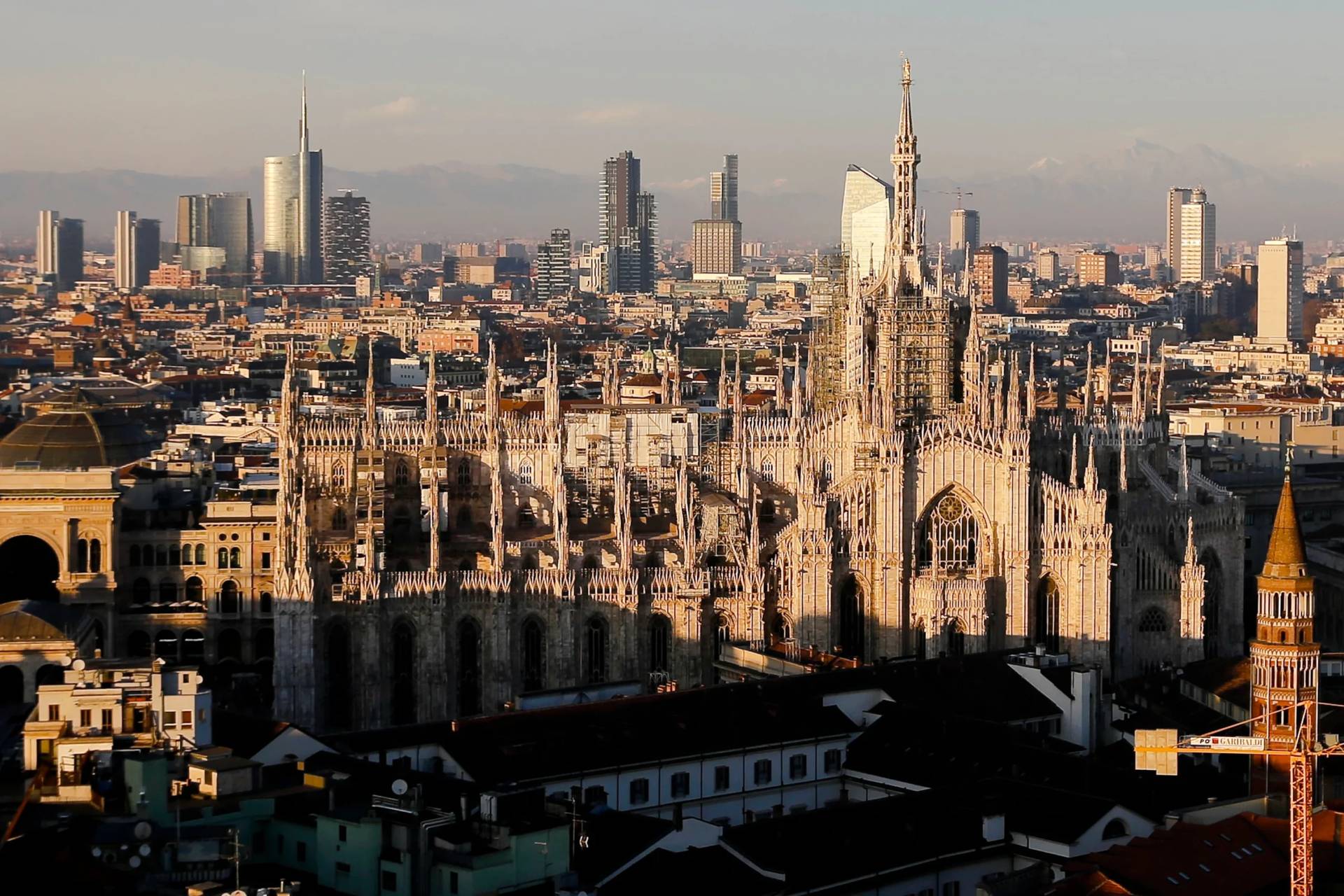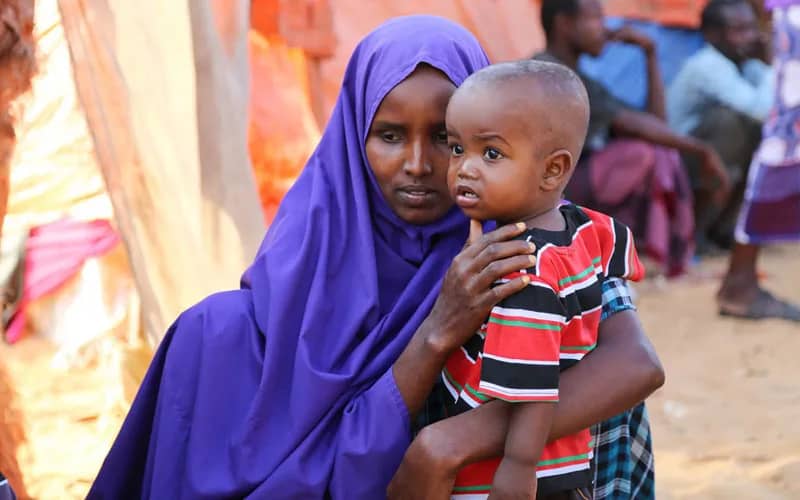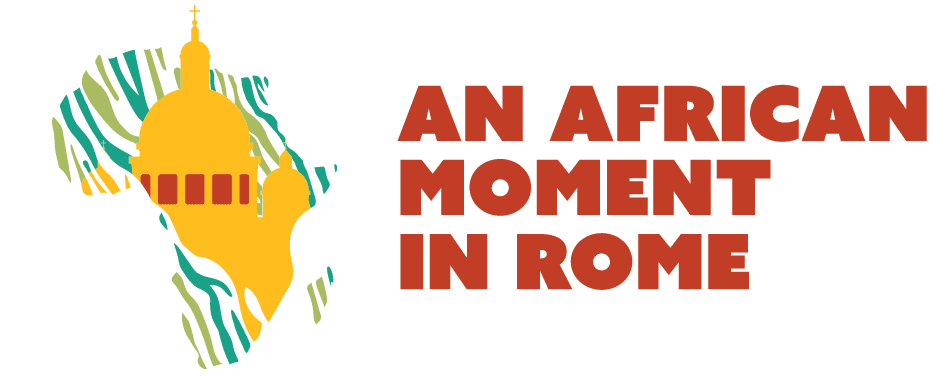 ROME — The women of Africa need to claim their space in the field of theology.
ROME — The women of Africa need to claim their space in the field of theology.
This was one of the conclusions as the topic of women theologians took center stage during the opening remarks of the March 22-25 conference “African Christian Theology: Memories and Mission for the 21st Century” hosted by the University of Notre Dame.
M. Shawn Copeland, professor of theology at Boston College, listed the role of women in the Christian faith as one of the key issues concerning theology on the African continent.
Copeland underscored the importance of the Circle of Concerned African Women Theologians, launched in Ghana in 1989, that allowed women academics to debate on issues concerning African women’s theology.
The “Circle” was founded by the Methodist theologian, Mercy Uduyoye, who has left a lasting mark on women’s theology in the Church and the role of women in the Church in Africa.
“I think that we are seeing African women, first of all in the circle founded by Mercy in 1989, in a circle that is interreligious, ecumenical, and it is across the continent and across the races,” Copeland told Crux in an interview. “So, women are giving us a model on how to be human. Women are giving us a model of thinking together.”
The “Circle” addressed four major issues concerning women in Africa: Understanding and defining the role of African women theologians; promoting women to study theology and have academic roles in the field; the role of African women’s theology in the global theological discourse; and collaboration with male theologians.
Copeland expressed her concern over what more could be done to facilitate and encourage the role of women. “Are there enough women in theology across the African continent? No. Are there enough women from the African continent doing theology? No. So this is incumbent, I think, on seminaries and universities and colleges to encourage women to do theology,” Copeland said.
According to the 2011 Annuarium Statisticum Ecclesiae (the Vatican’s statistical yearbook), between 2002 and 2007 the number of nuns in Africa increased by 7,906. The African continent held more than half of the countries that registered the largest growth in women vocations in that time period.
But according to Bishop Godfrey Igwebuike Onah of Nsukka the main issue is engaging laywomen to participate actively in theology.
“Usually if you ask a lay women in Africa to study theology, the next question will be ‘what will I do with it? Will it help me feed my family?’ And the answer is likely to be no. So she will do something else,” Onah told Crux.
The bishop also stressed that given the short amount of time since women have begun being active interlocutors in theology in Africa, the contribution has been significant.
“The education of catholic religious women in theology is a very recent thing. Judging by how recent it has been, their contribution has been fantastic. Because it has been a very short period,” Onah said.
During the opening remarks at the conference, Father Bede Ukwuije – First Assistant Superior General to the Spiritans – discussed the relationship between the pastoral spirit of the Church in Africa and the Catholic hierarchy. According to Onah this distinction is important when reflecting on the role of women in Church today.
“It is important to admit that most of the theology in Catholic tradition is done by priests,” Onah said. “The Church is not just hierarchy… so women in the church should not think that to be active in the Church they must belong to that hierarchy. Theological reflection is open to every Catholic, to every Christian, and (women) have enough space. They just need to claim that space.”
When it comes to the contribution of women to the Church, the bishop pointed to the unique “sensibility that women have to what unites us.”
Professor Copeland insists that more can be done. “We need more women theologians, the continent absolutely needs them and those of us who are not on the continent absolutely need them,” she said.
“When you talk about a future, there can be no future without women,” Copeland insisted. Judging by its very first day, this is certainly true of this conference and we can expect to hear much more about the role of women in the Church in Africa and globally in the future.






